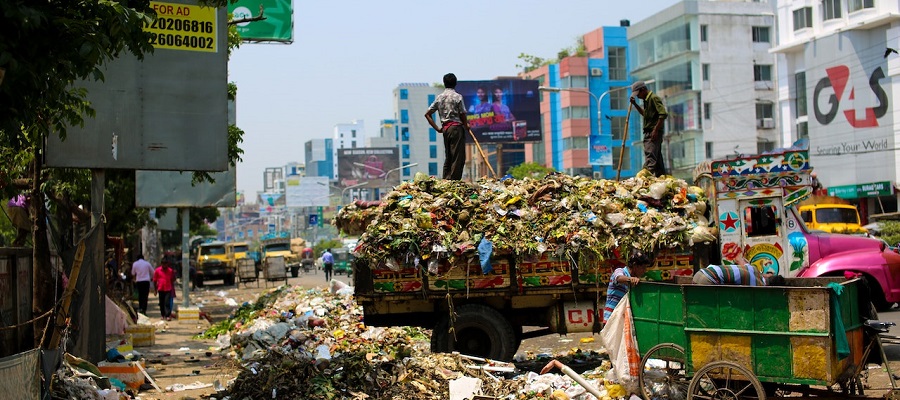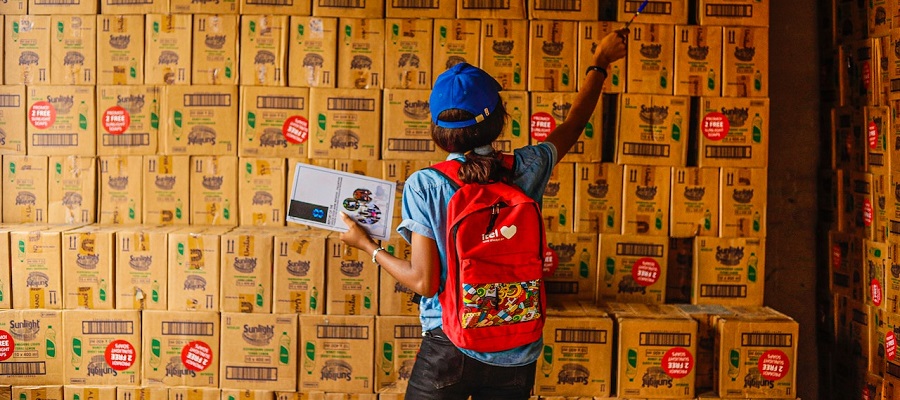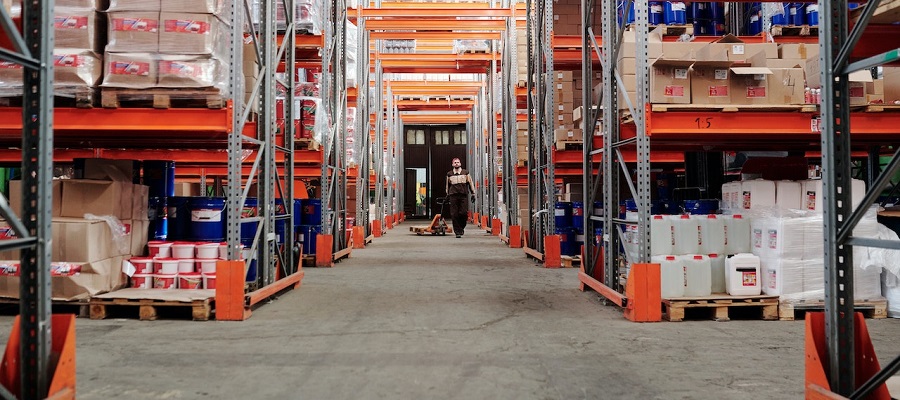Food Waste Reduction at a Grocery Wholesale Store
Grocery wholesalers play a vital role in the distribution of food to businesses, organizations, and individuals. As such, it is important for these businesses to prioritize food waste reduction in order to minimize their environmental impact and make the most of their resources. In this article, we'll explore the various methods that grocery wholesalers can use to reduce food waste.
The Importance of Food Waste Reduction
Food waste reduction is an important issue for businesses, organizations, and individuals around the world. In this article, we'll explore the various reasons why food waste reduction is important, as well as the impact that it can have on the environment, society, and the economy.
"The Environmental Impact of Food Waste" : Food waste has a significant environmental impact. When food is thrown away, it ends up in landfills where it decomposes and releases methane, a potent greenhouse gas. In addition, the resources used to produce, transport, and store the food are wasted when the food is thrown away. This includes the energy, water, and land used to grow the food, as well as the resources used to package and transport it.
"The Societal Impact of Food Waste" : Food waste reduction can also have a positive impact on society. One of the most significant ways that food waste reduction can benefit society is by reducing food insecurity. When food is wasted, it is not available to feed people who may be struggling to afford or access food. By reducing food waste, we can help to ensure that more people have access to the food that they need.
"The Economic Impact of Food Waste" : Food waste reduction can also have economic benefits. When food is wasted, businesses incur unnecessary costs, such as the cost of producing and transporting the food, as well as storage and disposal costs. By reducing food waste, businesses can reduce these costs and improve their bottom line. In addition, food waste reduction can help to reduce the strain on natural resources, which can help to reduce the cost of these resources over the long term.
Methods for Food Waste Reduction
Reducing food waste is an important issue for businesses, organizations, and individuals around the world. In this article, we'll explore the various methods that can be used to reduce food waste, including those that can be implemented by businesses, consumers, and individuals.
"Businesses"
Businesses, including grocery wholesalers, can use a few different methods to reduce food waste. These methods can include:
-
Implementing a food donation program: One way that businesses can reduce food waste is by implementing a food donation program. This involves donating excess or unsold food to organizations that can distribute it to people in need. Food donation programs can help to reduce waste and provide a valuable service to the community.
-
Reducing portion sizes: Another way that businesses can reduce food waste is by reducing portion sizes. This can help to reduce the amount of food that is wasted due to overconsumption or excess.
-
Improving inventory management: Businesses can also reduce food waste by improving their inventory management practices. This may involve implementing forecasting techniques to better predict demand, optimizing storage conditions to extend the shelf life of products, and using data analysis to identify trends and patterns in sales and waste.
-
Educating customers: Businesses can also play a role in reducing food waste by educating their customers. This may involve providing information about how to store and prepare food properly to extend its shelf life, or offering tips for reducing food waste at home.
"Consumers"
Consumers can also take steps to reduce food waste. These steps can include:
-
Planning meals: By planning meals and creating a shopping list, consumers can help to reduce food waste by ensuring that they only purchase the food that they need.
-
Storing food properly: Proper storage of food can help to extend its shelf life and reduce waste. This may involve using the right storage containers, storing food at the right temperature, and keeping track of expiration dates.
-
Composting: Consumers can also reduce food waste by composting food scraps and other organic materials. This can help to reduce the amount of food that ends up in landfills, and the compost can be used as a natural fertiliser in gardens and outdoor spaces.
"Individuals"
Individuals can also take steps to reduce food waste in their own lives. These steps can include:
-
Being mindful of portion sizes: By being mindful of portion sizes, individuals can help to reduce food waste by ensuring that they do not take more food than they can eat.
-
Using leftovers: Leftovers can be a great way to reduce food waste. By repurposing leftovers into new meals, individuals can make the most of the food that they have.
-
Donating excess food: If individuals have excess food that they cannot use, they can consider donating it to a food bank or other organization that can distribute it to people in need.
Conclusion
In conclusion, food waste reduction is an important issue for grocery wholesalers. These businesses can reduce food waste by implementing a food donation program, reducing portion sizes, improving inventory management, and educating customers. By taking these steps, grocery wholesalers can minimize their environmental impact and make the most of their resources.


